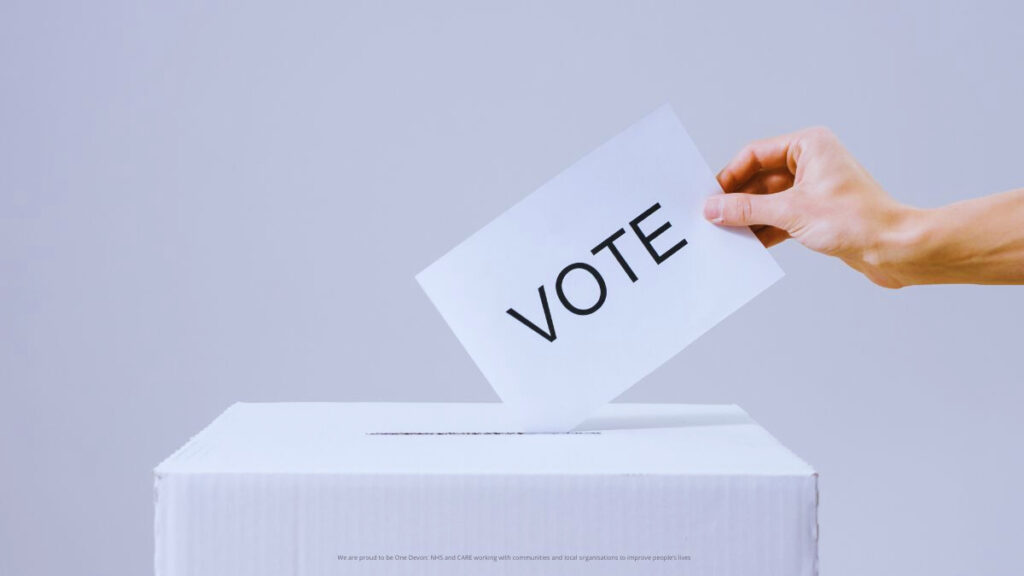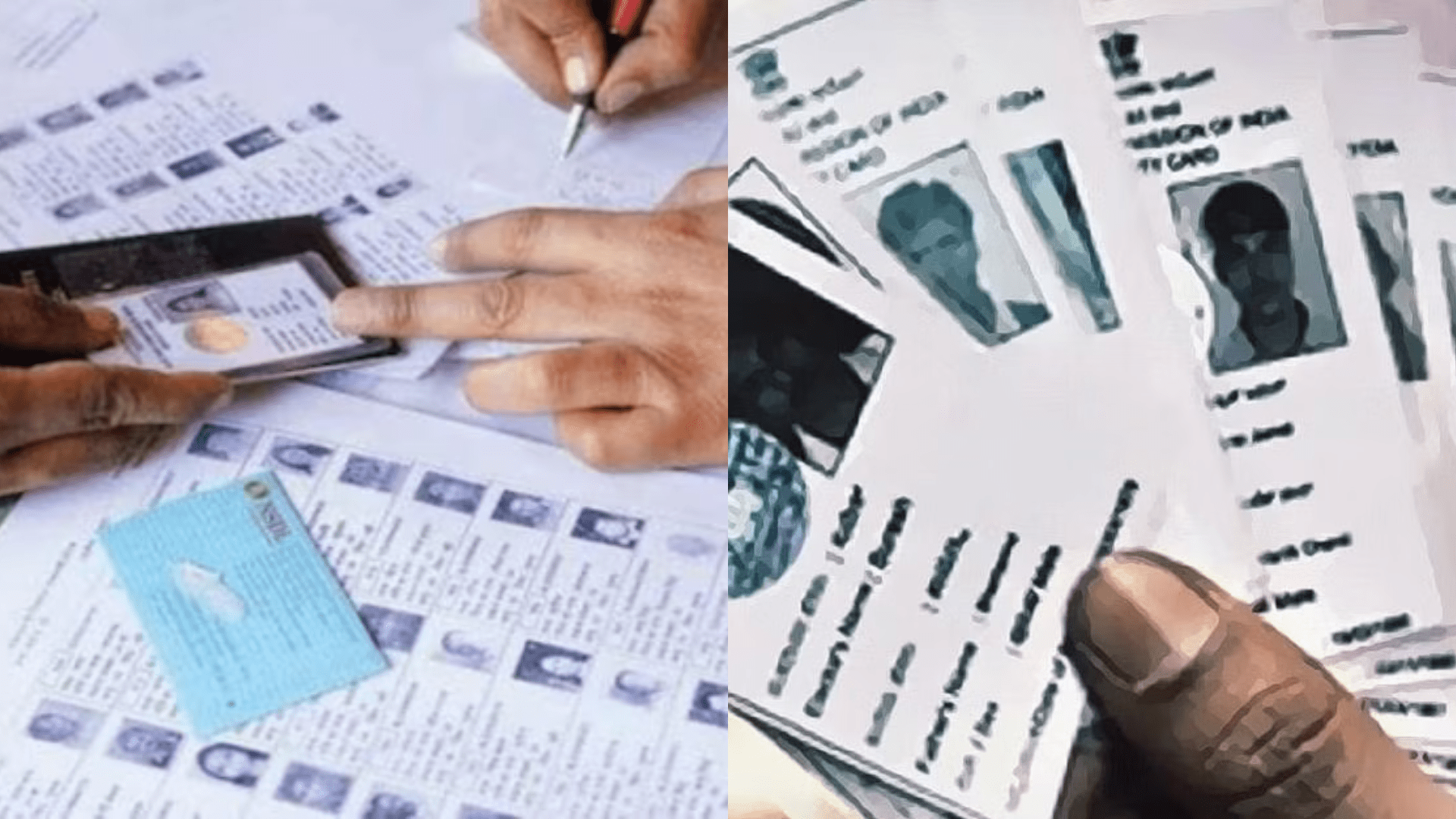Introduction to Voting in India
Voting is not just a right; it’s a powerful tool in shaping the future of a nation. In India, voting in Lok Sabha elections is an essential part of participating in the world’s largest democracy. But how exactly do you get started?
The Importance of Voting in a Democracy

Voting in a democracy is fundamentally important as it serves as the primary means for citizens to express their preferences and influence government policies and leadership. By voting, individuals participate in shaping the political landscape, ensuring that elected officials represent their interests and concerns. The act of voting upholds the principle of political equality, as each vote carries equal weight, reinforcing the idea that every citizen’s voice matters in a democratic society. Moreover, voting is not just a right but also a civic responsibility, contributing to the overall health and functioning of the democratic system. Studies and scholarly discussions emphasize that voting helps in improving government responsiveness, particularly to the needs of underrepresented or marginalized groups. Furthermore, voting impacts societal factors such as social, economic, and health policies, which directly influence the quality of life for citizens. Therefore, voting is a crucial tool for maintaining democratic principles and ensuring that governance reflects the will of the people.
Eligibility Criteria for Voters
In India, the eligibility criteria for voters are set by the Election Commission of India. A citizen is eligible to vote if they meet the following conditions:
- Age: The person must have attained the age of 18 years on the qualifying date, which is set as January 1st or April 1st of the year of the election.
- Citizenship: The individual must be a citizen of India.
- Enrollment: The person should be enrolled in the electoral roll of the constituency where they reside.
It’s important to note that the Election Commission provides online voter registration for citizens who meet these eligibility criteria. As of the upcoming 2024 Lok Sabha elections, more than 96 crore people, including 47 crore women, are eligible to participate.
Step-by-Step Guide to Register as a Voter

To register as a voter in India, follow these steps:
- Check Eligibility: Ensure you are an Indian citizen and have attained the age of 18 on the qualifying date (1st January, 1st April, 1st July, or 1st October).
- Visit the National Voters’ Service Portal (NVSP): Go to the NVSP website to access the online voter registration services.
- Fill Form 6: This form is for new voter registration. Provide personal details, address, and age proof.
- Upload Required Documents: Attach a photograph and documents for proof of age and residence. Aadhar Card, Passport, Driving License, etc., can serve as proof.
- Submit the Form: Review all details for accuracy and submit the form online.
- Verification Process: After submission, a Booth Level Officer (BLO) will visit your residence to verify the details provided.
- Final Steps: Upon successful verification, you will be included in the electoral roll, and a Voter ID card will be issued.
Note: The process might slightly differ in each state, and it’s advisable to check specific guidelines on your state’s Chief Electoral Officer’s website.
Offline Voter Registration
To register as a voter offline in India, follow these steps:
- Obtain Form 6: This form is available at the local Electoral Registration Officer’s office, Election Commission offices, or can be downloaded from the Election Commission of India’s website.
- Complete Form 6: Fill out the form with your personal details, current residential address, and other required information.
- Attach Required Documents: Provide proof of identity, age, and residence. Documents such as an Aadhaar Card, Passport, or Driving License can be used.
- Submit the Form: Return the completed form along with the necessary documents to your local Electoral Registration Officer’s office or the nearest designated locations as per your area.
- Verification Process: After submission, your application will be processed, and a Booth Level Officer (BLO) may visit your residence for verification.
- Issuance of Voter ID: Upon successful verification and approval, your name will be included in the electoral roll, and you will be issued a Voter ID card.
Common Mistakes to Avoid in Voter Registration
To ensure successful voter registration, avoid these common mistakes:
- Incorrect Information: Ensure all personal details are accurate and match your identification documents. Inaccuracies can lead to rejection.
- Missing Deadlines: Be aware of registration deadlines. Missing these can prevent you from voting in an upcoming election.
- Not Updating Registration: If you move, change your name, or wish to change your political party affiliation, update your registration.
- Ignoring Eligibility Requirements: Confirm you meet all eligibility criteria, such as age and citizenship status, before registering.
- Not Checking Registration Status: After registering, check your status to ensure your registration was successful and to correct any potential errors.
- Failing to Provide Required Documentation: Submit any required documents, like proof of identity or residence, with your registration form.
Avoiding these mistakes will help ensure a smooth voter registration process.
Checking Your Voter Registration Status
To check your voter registration status, you can:
- Use Online Portals: Many countries or states offer online portals where you can check your voter registration status. For example, you can visit the Election Commission of India’s website or the Voter’s Services Portal in India.
- State-specific Websites: If you’re in the United States, each state has a specific process. For instance, in Indiana, you can use the Indiana state website, or the Secretary of State’s Election Division website to check your registration status.
- Contact Local Election Office: If online options are not available, contact your local election office directly. They can confirm your registration status and provide information on your polling place.
- By Mail: In some regions, you can request voter registration information by mail, but this process is typically slower than online methods.
Ensure you have necessary identification details like your name, date of birth, and address handy when checking your status.
The Role of Voter ID in Elections
Voter ID laws play a significant role in elections, affecting both voter turnout and the integrity of the electoral process:
- Identification Requirement: Voter ID laws require eligible voters to present proof of identity, a measure intended to prevent voter fraud and ensure the legitimacy of votes cast.
- Impact on Voter Turnout: There is ongoing scholarly research into how voter ID laws affect voter turnout. While some argue these laws ensure fair elections, others express concern that they could disenfranchise certain groups of voters, particularly low-income and minority populations.
- Legislative Trends: Over the past decades, an increasing number of states in the U.S. have enacted voter ID laws. As of 2018, 34 states had such requirements in place.
- Election Outcomes: The introduction of strict voter ID laws may have implications for election outcomes, although the extent of this effect varies across different regions and elections.
- Voting Rights Protection: Discussions around voter ID laws are often intertwined with broader concerns about protecting voting rights and ensuring equal access to the voting process for all eligible citizens.
Conclusion
Registering to vote is a simple yet significant step towards being an active participant in India’s democracy. By understanding the process and your eligibility, you’re paving the way to making your voice heard.
Read also: What is Nitrogen Hypoxia Execution?
Frequently Asked Questions (FAQs)
Q. Can NRIs register to vote in Lok Sabha elections?
Yes, NRIs can register as overseas voters. They need to fill out Form 6A.
Q. What if my Voter ID card gets lost?
You can apply for a duplicate Voter ID by filling out Form 002.
Q. Is it possible to change my voting address?
Yes, you can update your address by submitting Form 6 at your new location.
Q. How often do I need to register to vote?
Once you’re on the electoral roll, you don’t need to register for each election.
Q. Can I vote if I am temporarily living in another state?
You need to be registered in the area where you intend to vote. Temporary relocation doesn’t change your voting constituency.




